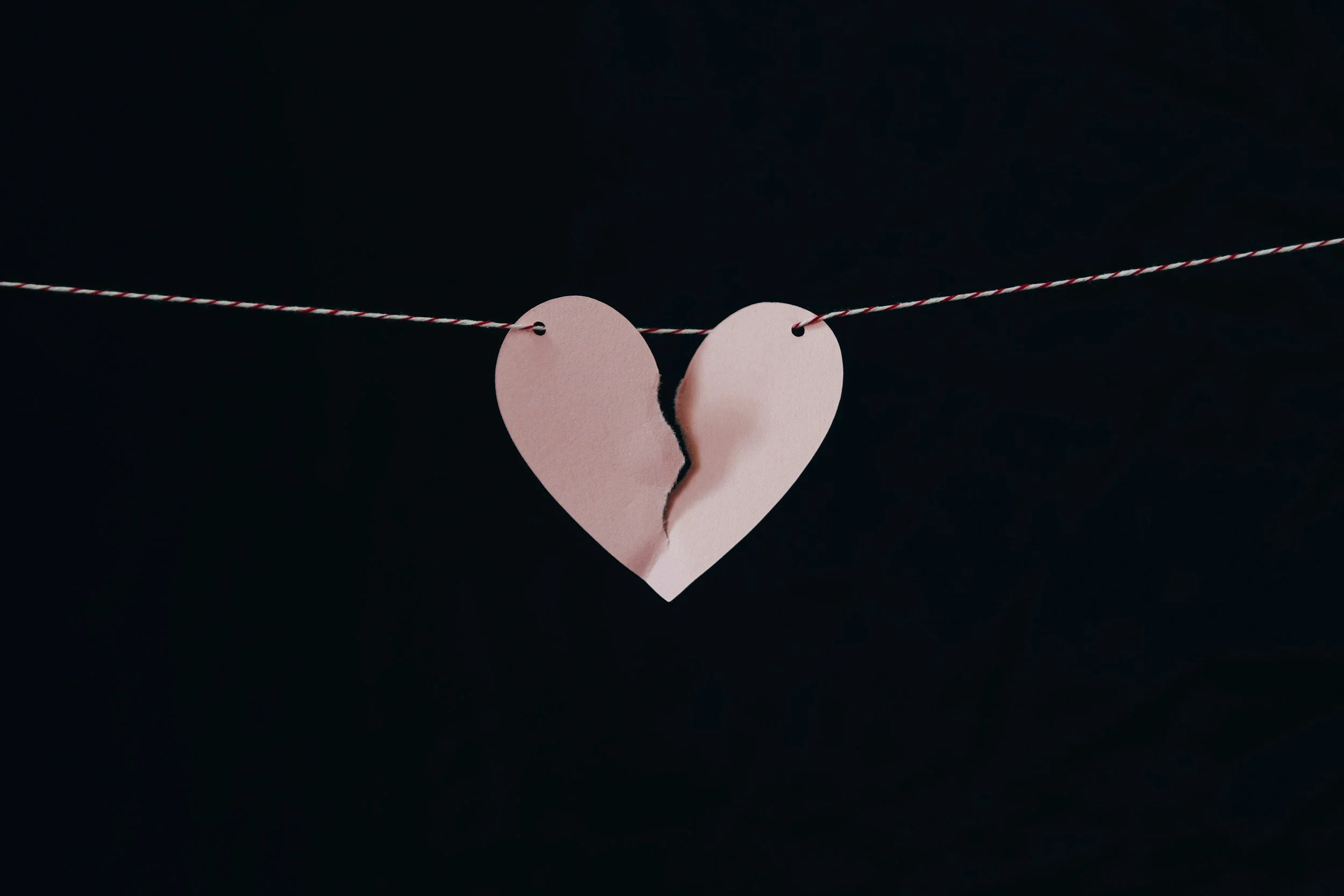Break-ups can be brutal. Even when they’re necessary, mutual, or a long time coming, they can still leave you feeling disoriented, fragile, and emotionally exhausted. If you’ve recently gone through a break-up, it might feel like the emotional rug has been pulled out from under you. Everything from your routine to your sense of identity might feel up in the air. And that’s okay. It’s not just about the loss of a relationship—it’s the loss of a future you imagined, of shared rituals and private jokes, of a version of life that now feels out of reach.
What makes break-ups particularly painful is that the world tends to just keep spinning. We’re expected to show up at work, look after kids, run errands, make conversation, and keep going, all while navigating a complex emotional landscape inside. There’s not much room in our culture for heartbreak—we don’t really have rituals for it, like we do for other kinds of grief. And yet, emotionally, a break-up often is a kind of grief.
It’s important to let yourself feel what you feel, even when it’s messy. There’s no “correct” timeline or tidy emotional process when it comes to recovering from heartbreak. You might feel sadness one day, anger the next, then oddly hopeful, then back to devastated. This emotional yo-yo isn’t a sign that you’re doing it wrong—it’s a sign that you’re human. Be gentle with yourself during this time. Give yourself permission to cry, to sleep a bit more, to talk endlessly to your friends, or to do whatever helps you feel just a little bit grounded.
One thing I see often in my clinical work is the tendency to romanticise the relationship after it ends. It’s very common to look back with rose-coloured glasses, especially in moments of loneliness or uncertainty. Our brains are good at replaying highlight reels—remembering the good times, the laughter, the intimacy—while minimising or forgetting the harder parts. It can be helpful to gently bring balance to that perspective. Remind yourself why the relationship ended, or what wasn’t working. You’re not trying to vilify your ex, but it’s important not to idealise them either.
People often want to skip to the part where they’ve “moved on,” but recovery requires a bit more patience than that. Suppressing or rushing through the pain doesn’t make it go away—it just stores it somewhere else, and often it resurfaces later in different ways. Real healing involves allowing the feelings to come up, making space for them, and slowly processing what the relationship meant to you and what you’ve learnt from it.
One of the most healing things you can do post-break-up is to reconnect with your own sense of identity. In relationships, especially long-term ones, we often become deeply intertwined with another person. Their routines become our routines. Their preferences influence ours. Their needs shape our priorities. It can take some time to disentangle and to remember who you are outside of that dynamic. That might mean rediscovering old hobbies, spending more time with friends, changing your environment, or simply allowing yourself to make decisions without anyone else’s input. It’s about reclaiming a sense of self.
Another common trap is staying in contact with an ex too soon. This can feel like a comforting lifeline in the early days, but it often delays healing. Even if the break-up was amicable, giving yourself emotional and physical space is crucial. It allows you to begin separating your life from theirs and to process the ending fully. Checking their social media, texting “just to see how they are,” or falling back into familiar dynamics may feel soothing in the short term, but it can make the longer-term recovery more painful.
And then there are the basics—things like sleep, food, movement, and routine. These are often the first to go out the window during emotional upheaval, but they matter. Looking after your body helps regulate your nervous system and gives your brain the best possible chance of coping with emotional stress. You don’t have to do anything drastic—just try to keep a loose routine, eat something nourishing, go for a walk, or prioritise rest when you can.
Lastly, know that heartbreak doesn’t mean you failed. A relationship ending isn’t proof that it wasn’t meaningful or real. Sometimes relationships end because they’ve run their course, or because two people grow in different directions, or because something important just wasn’t quite right. You can mourn the ending and hold gratitude for what it was. Both can be true at the same time.
You don’t have to have it all figured out straight away. You don’t have to be “over it” by any specific date. Trust that with time, reflection, and support, the edges of the grief will soften, and you’ll start to feel more like yourself again—perhaps even a stronger, wiser version of yourself.
Our highly trained psychologists can help. Please call our team on 9882-8874 to book in with one of our team members today. Alternatively fill in our contact form here to get in touch.
To subscribe and listen to our podcast “Breaking the Rules: A Clinician’s Guide to Treating OCD”, click on the following links: Spotify, Google Podcasts, and Apple Podcasts. Episodes will be released fortnightly and will simultaneously be published on our webpage here.

